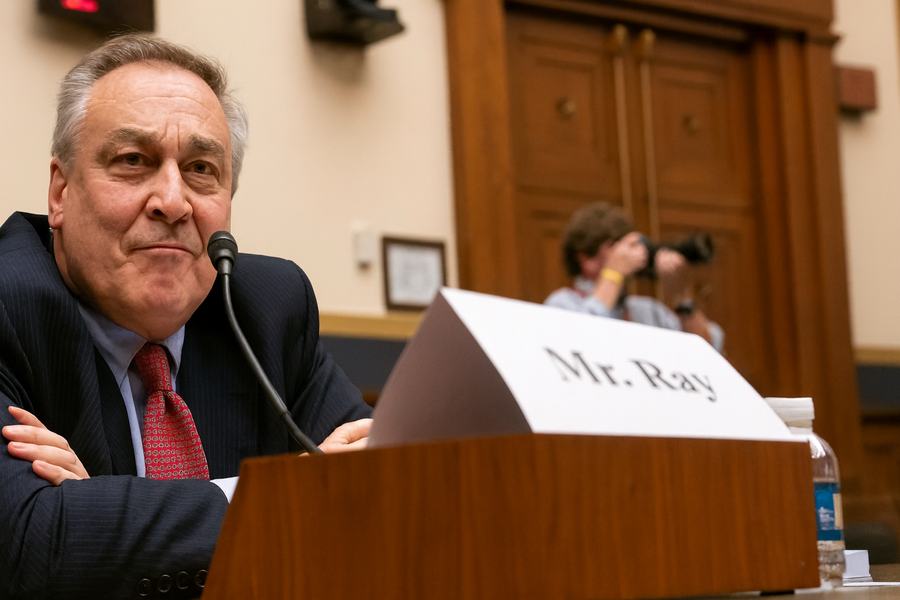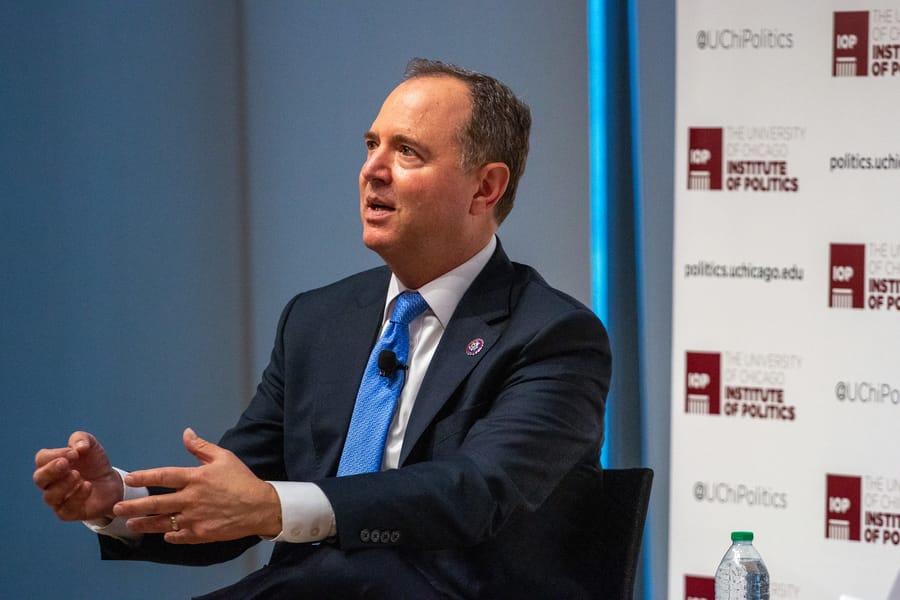The uncertain terrain of cryptocurrency regulation continues to present substantial legal challenges for market participants. India’s National Consumer Disputes Redressal Commission (NCDRC) has dismissed a $234 million (approximately 20,000 million Indian rupees) claim against WazirX, explicitly citing the absence of a legal framework for cryptocurrencies. Concurrently, on 25 March 2025, Ripple Labs announced a settlement with the U.S. Securities and Exchange Commission (SEC), reducing its previously imposed $125 million fine to a mere $50 million.
The NCDRC’s ruling underscores the pressing need for a structured legal framework in India, despite the commission acknowledging that cryptocurrencies are classified as goods under consumer protection law and treated as property under income tax legislation. Aman Rehaan Khan, the legal representative for the WazirX claimants, announced plans to appeal to the Supreme Court to recover the lost funds and pursue criminal accountability. Meanwhile, in the United States, a favourable outcome emerged for Ripple Labs, with the SEC waiving a significant portion of the original $125 million penalty. Stuart Alderoty, Ripple’s Chief Legal Officer, stated in a post on X that the SEC will retain $50 million of the fine, with the remainder forgiven. This $50 million is currently held in escrow and accruing interest.
WazirX, in turn, has devised an 85% reimbursement plan, which has already received approval from a Singaporean court, with the cryptocurrency reclamation process set to commence in April. Ripple’s legal triumph and its settlement with the SEC follow Donald Trump’s return to the White House, during which the regulatory authority also dropped civil lawsuits against the Coinbase and Kraken cryptocurrency exchanges. This development coincides with Trump’s nomination of Paul Atkins—widely regarded as a supporter of the crypto industry—as SEC Chairman.
Sources:
1.

2.

3.









